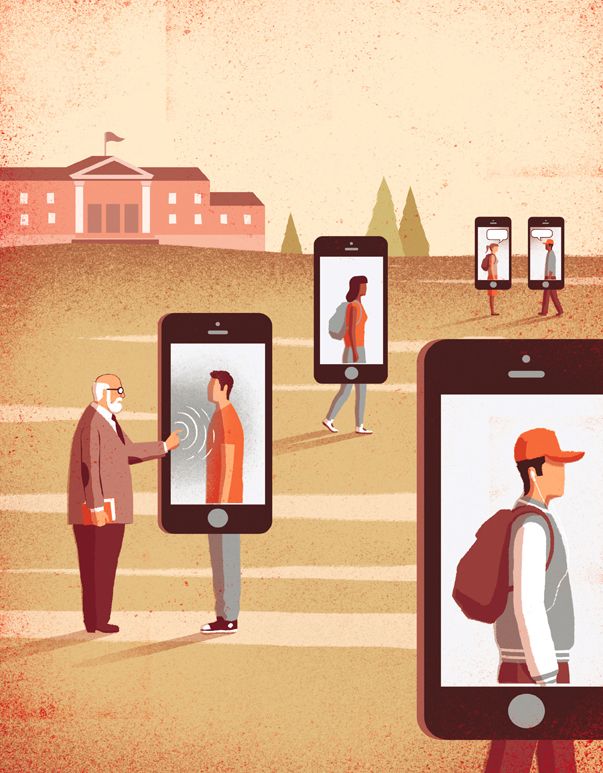The digital transformation of politics is no longer confined to the West. Across South Asia, a generation of digital natives is shifting the political stage from public squares to online platforms. While Nepal’s youth turn to Discord for closed-door debates and organizing, Indian youth are driving mass campaigns through Twitter hashtags, Instagram reels, and Telegram groups.
In Nepal, where mainstream politics often frustrates young voters, many are moving to Discord servers, private digital spaces originally built for gamers. These servers have become hubs for issue-based conversations on federalism, education reforms, and climate activism. Unlike the toxic debates of Facebook, Discord allows small, focused groups to organize, debate, and even coordinate street protests away from the public glare. For Nepal’s diaspora, the platform is also a lifeline to engage directly in homeland politics.
India, by contrast, has seen a more public-facing digital shift. With over half its population under 25, social media has become a critical political battleground. Hashtags trend within minutes, leaders face direct questioning on Twitter Spaces, and digital campaigns like #MeTooIndia or student protests around exam policies have forced authorities to respond. Here, the digital street can be as powerful as the physical one, sometimes even more immediate.
What unites Nepal and India is the rise of issue-driven youth politics. For many, allegiance to parties is waning, while loyalty to causes, jobs, gender equality, climate justice, or corruption-free governance, is growing. These conversations, once confined to tea stalls and campus grounds, are now taking place on encrypted chats, livestreams, and meme-filled feeds.
But the shift is not without challenges. Private servers like those in Nepal can become echo chambers, while India’s vast digital landscape often accelerates misinformation and polarization. The very tools that empower citizens can also be exploited for manipulation. If more young people get politically active online, the region will need stronger safeguards against digital misuse.
Whether in Kathmandu’s closed Discord channels or Karnataka’s trending hashtags, one message is clear: South Asian politics is undergoing a generational shift. The next wave of leaders and movements may rise not from party offices or stadium rallies but from digital forums where young people connect, organize, and reimagine the future.






